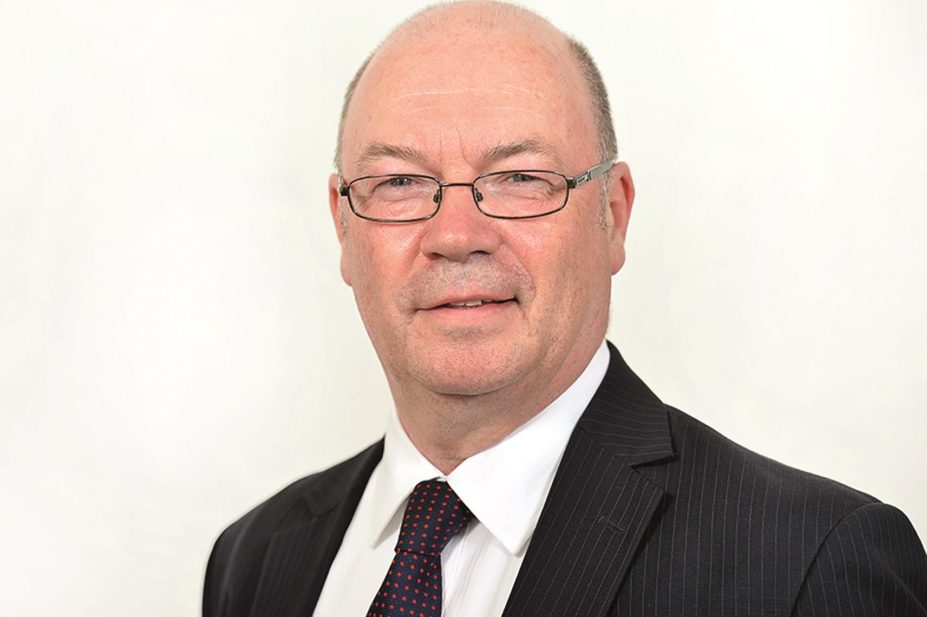
Department of Health
Between 1,000 and 3,000 pharmacies — as many as one in four — could close in England as a result of government cuts to funding for pharmacy, the All Party Pharmacy Group (APPG) has warned.
A letter to the Pharmaceutical Services Negotiating Committee (PSNC) in December 2015 announced a 6% funding cut from £2.8bn in 2015–2016 to £2.63bn in 2016–2017, which will “take effect from October 2016, giving community pharmacies time to prepare”.
On 13 January 2016, the APPG met with Alistair Burt, minister for community and social care, and Jeannette Howe, head of pharmacy at the Department of Health, to discuss the cuts. At this meeting, Howe confirmed that there would be further reductions in future years.
After the meeting, APPG’s chair Sir Kevin Barron said: “Based on what we heard, that is not a one-off cut so there are implications for future years. We note from our meeting that phasing may be considered. But there is also much more to this picture than a cut in funding. There is a clear intention to reduce the number of pharmacies.”
The letter to the PSNC states: “In some parts of the country there are more pharmacies than are necessary to maintain good access. 40% of pharmacies are in a cluster where there are three or more pharmacies within ten minutes’ walk.
“The Department will separately consult on changing the Human Medicines Regulations 2012 (HMR 2012) to allow all pharmacies to access the efficiency created by ‘hub-and-spoke’ dispensing, with the aim of making this legislative change by October 2016. This could help pharmacies to lower their operating costs and free up pharmacists to provide more clinical services and public health services.”
Burt told the APPG meeting that the government would not decide which pharmacies should close. Pharmacies would need to decide whether they were “viable” in light of the change to the funding level. He admitted that independents will be “squeezed” and that this is a matter of concern for the government to look at.
“Warehouse dispensing, or ‘hub and spoke’, raises questions around safety, quality and access,” said Sir Kevin. “The supply of prescription medicines cannot be treated like buying clothes and DVDs. High quality, safe dispensing depends on the opportunity for a face-to-face discussion between the pharmacist and the patient. I don’t see how that can be done in a warehouse.”
Ian Strachan, chair of the National Pharmacy Association, says: “There is a flat and glaring contradiction in the Department of Health’s position: it calls for community pharmacy to be at the heart of the NHS, then tells us how it plans to wrench the heart out of the sector.
“We have to stand together and fight this every step of the way,” he adds. “The [December letter] refers to ‘clinical pharmacists’ in GP practices, in care homes and at the end of a phone line. Never once does it acknowledge that there is any clinical capability in the community pharmacy setting. That is a slur.”


